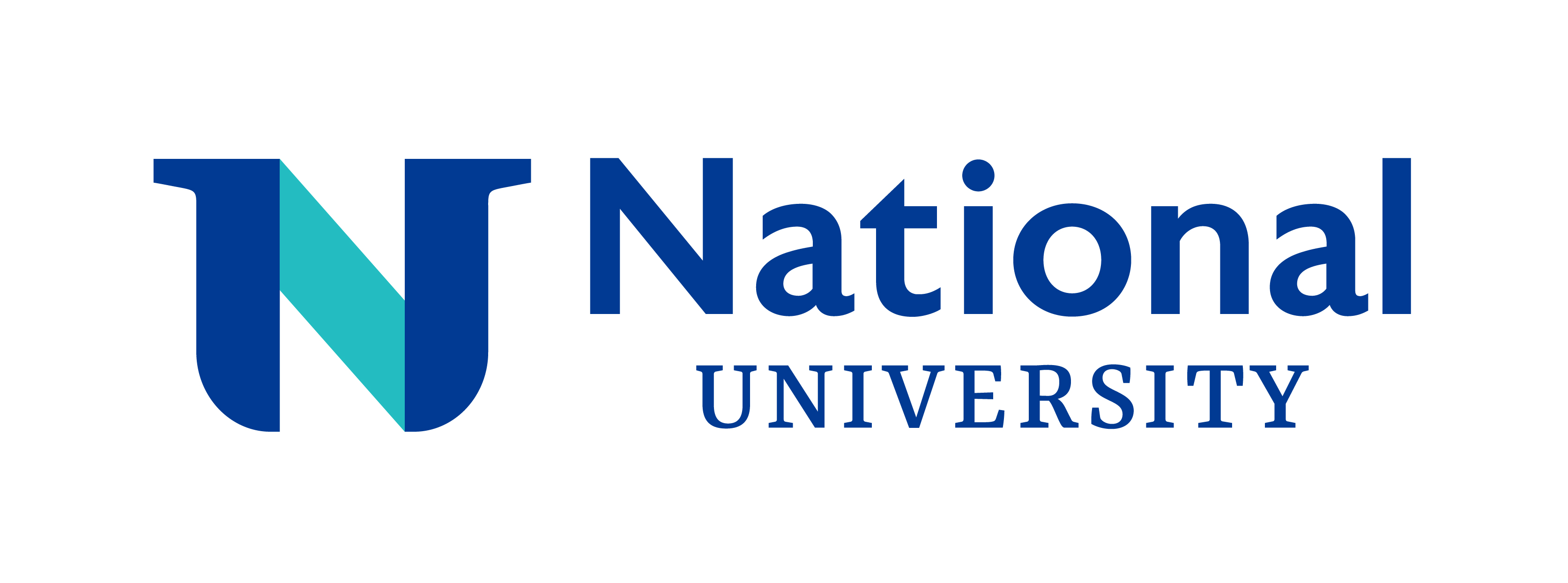MDX1660 - Fundamentals of Application Security
Course Description
Course Description
The assignments in this course introduce many of the concepts of application development and the security issues that relate to them. The course covers various software development models and considerations and introduces learners to basic security concepts such a cryptography and the common vulnerabilities and exposures list. In this material, we will also introduce the basic concepts of cybersecurity, including cryptography, and illustrate how the many vulnerabilities found in applications today can trace their origin to some point in the development process.
While this is not a "coding" course, it provides examples of coding techniques and explores and contrasts the many different models of software development. Ultimately, this content should prove valuable to managers, developers, and security professionals who are looking for a comprehensive understanding of how the many components of the application creation process come together under an umbrella of security.
Learning Outcomes
After completing this course, the learner should be able to:
- Define the basic characteristics of an algorithm
- Differentiate among the different kinds of software that comprise modern applications
- Describe the different stages of the software development life cycle (SDLC)
- Understand the role of cryptography and security in application development
- Identify different programming concepts
- Contrast the concept of object-oriented programming to procedural programming
- Describe various vulnerabilities found in applications
Key Features
-
 Expert-supported
Expert-supported
-
 Mobile-friendly
Mobile-friendly
-
 Accessible
Accessible
-
 Badge and credit-awarding
Badge and credit-awarding
-
 Games & Flashcards
Games & Flashcards
-
 Video content
Video content
-
 Real-world case studies
Real-world case studies
-
 Audio-enabled in app
Audio-enabled in app
Refund Policy
You may request a refund up to 5 days from the purchase date. The registration fee will only be refunded if less than 10% of the course has been completed. Completion percentage can be viewed on the Course Progress page from within the course.
Notes
This course has an "Ask the Expert" feature, which submits your questions directly to an expert in the field you are studying. Questions are answered as quickly as possible and usually within 24 hours.
This course does not require any additional purchases of supplementary materials.
Learners must achieve an average test score of at least 70% to meet the minimum successful completion requirement and qualify to receive IACET CEUs. Learners will have three attempts at all graded assessments.








